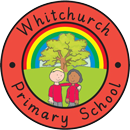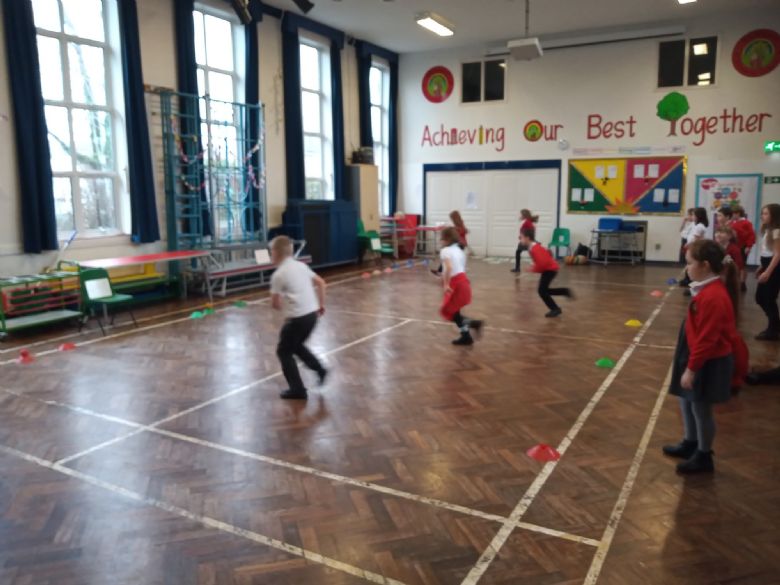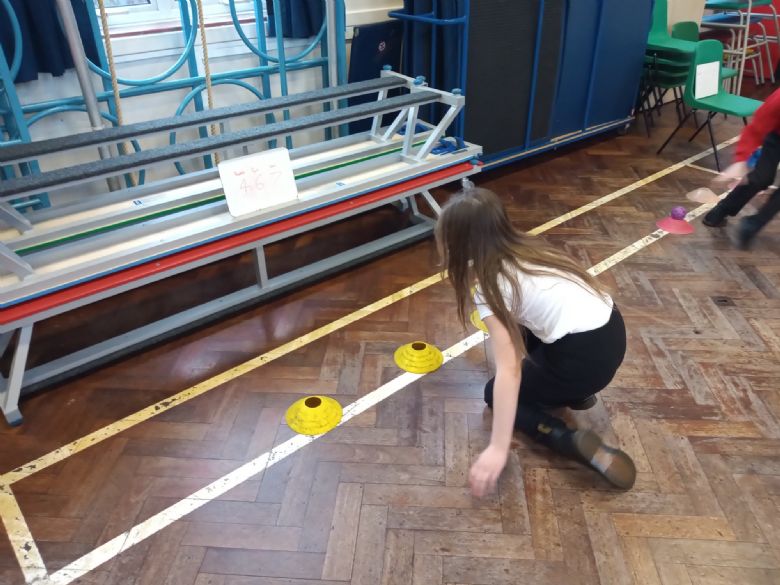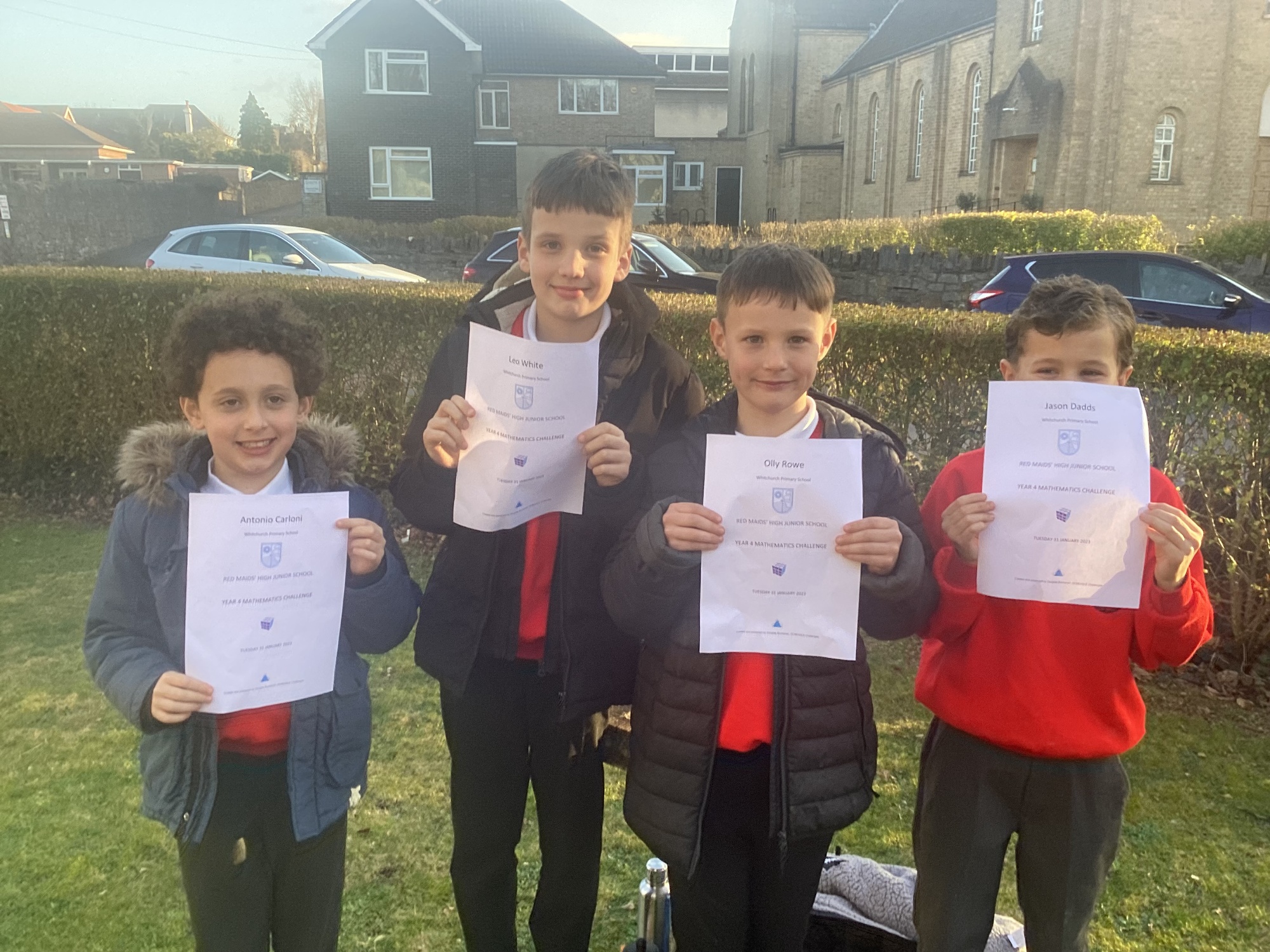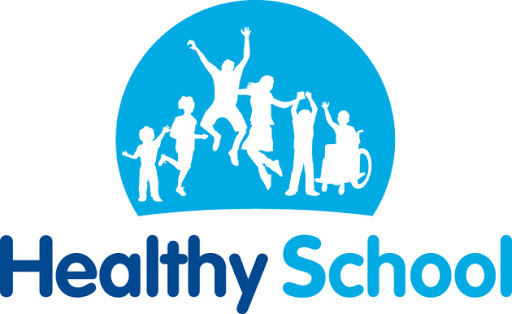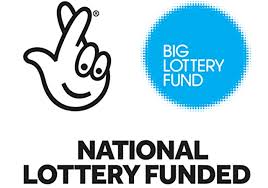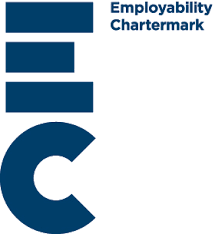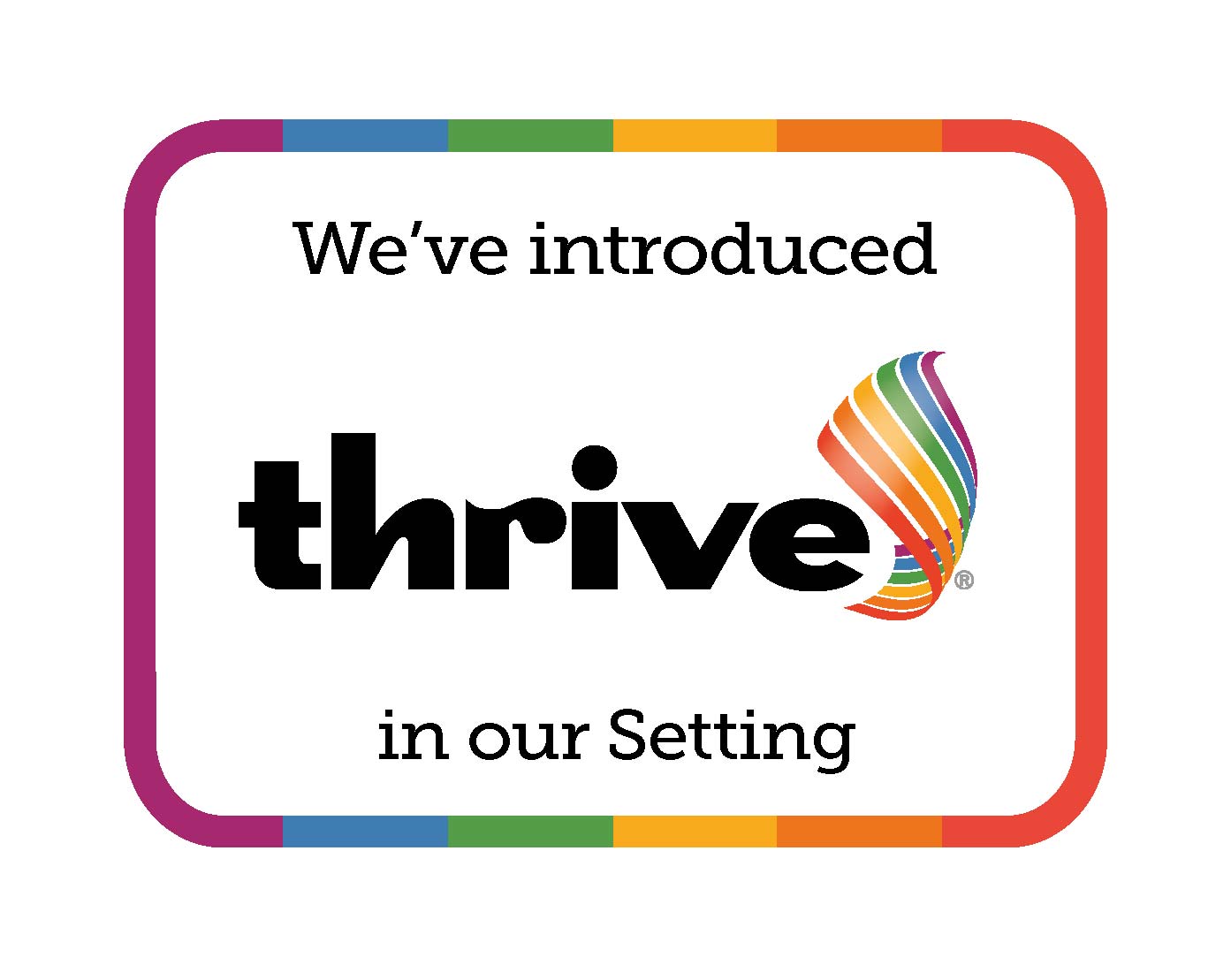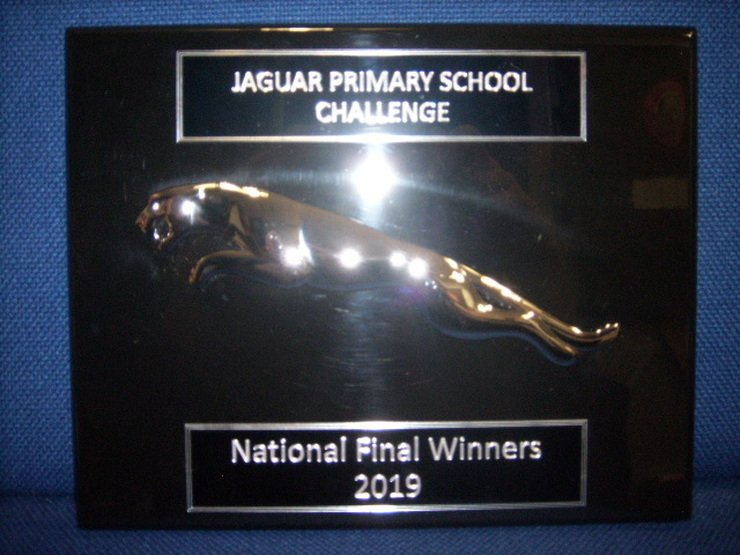Maths
At Whitchurch Primary, we believe in fostering a ‘can do’ attitude so that all children can achieve in and enjoy mathematics.
At Whitchurch Primary we follow White Rose Maths when teaching mathematics. This is a scheme that has a mastery approach to teaching Maths. This includes a belief that all children are capable of understanding and doing mathematics, given sufficient time. We believe in fostering a ‘can do’ attitude so that all children can achieve in and enjoy mathematics. We are delivering a mastery curriculum at Whitchurch where mathematical concepts, key ideas and the building blocks to achieve these are important for everyone.
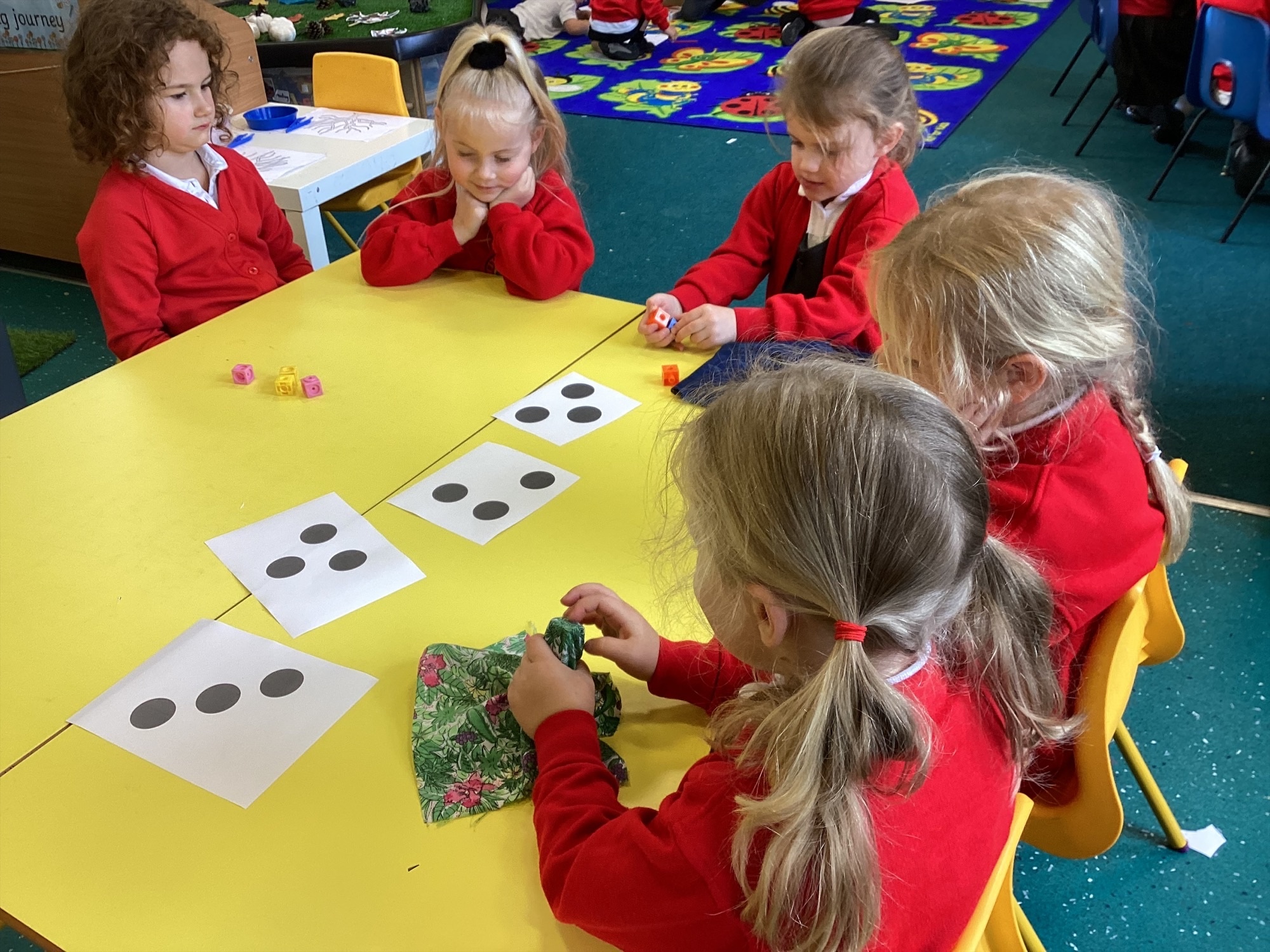 White Rose Maths
White Rose Maths
This approach enables teachers to keep the children working together on the same area, whilst personalising for all children. White Rose provides teachers with blocked units, offering greater time frames to deliver and explore the objectives in. These blocks are further broken down into small steps, giving children the opportunity to take more time to develop their understanding. Lessons will promote fluency, reasoning and problem-solving with all children being given the opportunity to achieve and experience these. Children who grasp concepts and small steps rapidly will be further challenged through being offered rich reasoning and problem-solving challenges before any acceleration of new content.
Calculation Policy
Our Calculation Policy illustrates how we teach children the four operations (addition, subtraction, multiplication and division). There are various methods shown which include the following ideas.
- Concrete – using manipulatives (e.g. tens frames, base 10 & place value counters)
- Pictorial – drawing their own representations of the concrete
- Abstract – calculations using numerals and symbols
Often, children will be encouraged to use concrete and pictorial methods to explain their problem solving and reasoning.
A typical maths lesson
- A clear learning objective - the children are encouraged to discuss what they are learning and make connections with prior learning.
- The majority of the class working on the same small step of learning at a pace that suits them. During the lesson key vocabulary and key questions are shared and the children are encouraged to use specific mathematical language using full sentences.
- Pre-teaching sessions prior to the lesson to support understanding.
- Activities which promote children’s fluency of number and their reasoning and problem-solving skills.
- A range of manipulatives being used to explore key concepts. All children expected to explore these either to support understanding or to explain their understanding.
- For children who are struggling to grasp the concept adults will support in class and ‘hinge questions’ are often used to identify pupils to work in a guided teacher groups.
- Hinge questions being used in lessons to identify misconceptions and children who require group support.
- Post-teaching sessions are provided for children who require additional support to grasp or revisit a concept.
- Children who master mathematical concepts more rapidly are given the opportunity to deepen their understanding by attempting additional challenges. These activities are carefully designed challenges that encourage children to use and develop their mathematical skills.
Maths on the Move in Year 3; some of our mathematicians taking part in the Bristol Maths Challenges.
The only way to learn mathematics is to do mathematics! Paul Halmos
